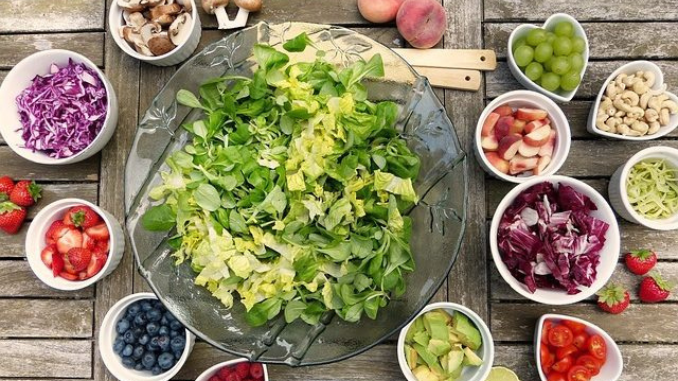
Reinventing Production Food Systems Energy and Transportation Information and Communications Materials and Resources
There’s no need to re-invent the wheel, RethinkX sums it up with clarity above all:
To understand where we’re at, how we got here and how we can create a healthier and more prosperous co-existence, we refer to the summation of RethinkX:
Harnessing biology through precision fermentation (PF) will lead to the end of animal agriculture, representing a second domestication of plants and animals (details are laid out in our Rethinking Food and Agriculture 2020-2030 report).
Nutritious food that initially replicates livestock proteins (milk and meat) will not just be an order-of-magnitude cheaper, but superior in every possible way – the food itself (taste, aroma, texture, mouthfeel, nutrition, and variety), predictability of quality, price, and supply, as well as impact on health, animal welfare, and the environment. Food production will shift from a model of extraction, where we grow plants and animals to break them down into the things we need, to a model of creation, where foods are built up from precisely-designed molecules and cells.
The DNA of a single soy plant or chicken will be enough to create an unlimited quantity of soy or chicken protein. Small biological reserves with immense biodiversity will, therefore, be far more valuable than immense tracts of land with marginal biodiversity. Costa Rica, for example, will be more valuable for food, materials, and medicine than the entire U.S. Midwest, while Brazil and Indonesia are destroying a future of infinite possibilities by tearing down their forests for short-term gains.
